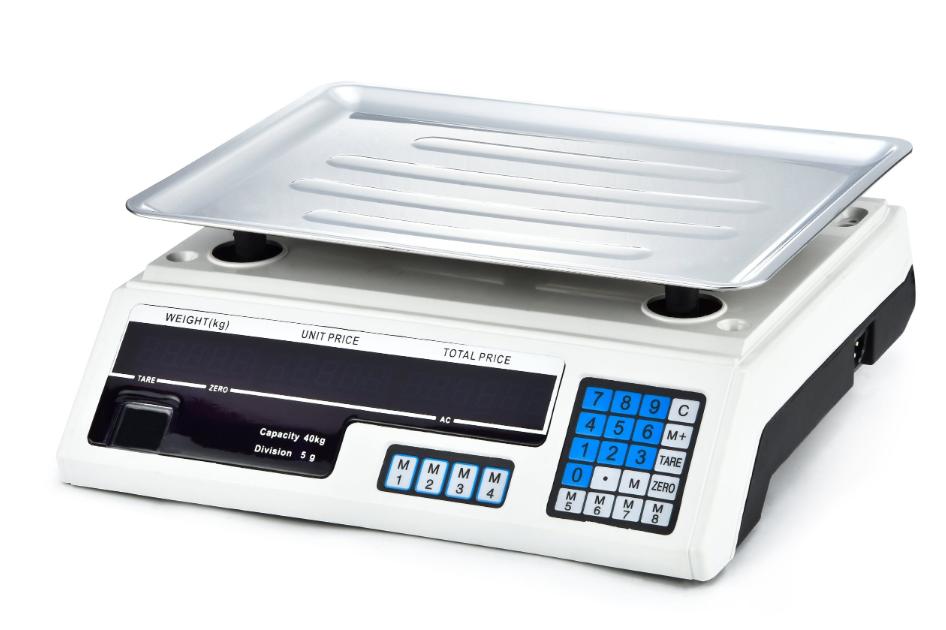Cost is often a big factor when finding the right commercial scale, especially for small businesses. However, compromising quality can lead to inaccuracies affecting profits and customer trust.
So, how do you find the best cheap commercial scales that are reliable and precise? With some insight and a few key considerations, you can make a choice that balances affordability with dependable performance. Let’s dive into what makes a quality commercial weighing scale and how to select the right one for your business without overspending.
Why Quality Matters in a Commercial Scale
Commercial weighing scales are essential for many businesses, from retail to warehouses and even in the food industry. They ensure you’re getting accurate weight measurements crucial for pricing, inventory, and quality control.
A poor-quality scale might give inaccurate readings, wear out quickly, or require frequent recalibration, which can disrupt daily operations and lead to extra expenses. Choosing a scale that’s both affordable and well-made helps avoid hidden costs from cheap but unreliable products.
Key Factors to Consider When Choosing Cheap Commercial Scales
When searching for a cost-effective scale, focus on these essential factors to find a product that will serve your needs without sacrificing quality.
1. Accuracy and Precision
Accuracy is one of the most important features of a scale. For example, in food services or retail, even slight measurement errors can affect sales and customer satisfaction.
To ensure you’re choosing a reliable option, look for scales with high-accuracy features or specify precision in grams or ounces. Also, pay attention to how much weight the scale can handle accurately.
2. Scale Capacity
Every scale has a weight limit, and it’s essential to choose one that suits the average weights you’ll be measuring. For instance, if your business handles large shipments or bulk items, you’ll need a scale with a high capacity, usually 100 to 500 kilograms.
For smaller items, like in a jewelry or food business, a lower-capacity scale may be sufficient and more affordable. Choose a scale with a capacity slightly above what you need, giving some flexibility while preventing overloads that could damage the scale.
3. Durability and Material Quality
Cheap scales don’t have to mean flimsy construction. Many affordable scales come in durable materials like stainless steel, which resists rust and corrosion, making it ideal for kitchens and humid environments.
Plastic scales are usually lighter and cheaper but may not hold up as well in busy commercial settings. If your business environment is tough on equipment, invest in a scale that’s made from quality materials, even if it’s on the cheaper end of the market.
4. Ease of Use
In a busy work environment, the last thing you want is a complex scale that requires extensive setup or training. Look for a scale with a clear, easy-to-read display, preferably backlit for quick viewing in low-light conditions.
Basic controls and an intuitive interface will save time and reduce errors. Additionally, features like tare functions, unit conversion, and auto-calibration can enhance usability without significantly increasing costs.
5. Power Source and Battery Life
Some scales are battery-operated, while others are powered by electricity. Battery-operated scales are convenient for portability, but it’s worth considering the battery life, especially if the scale will be used frequently.
If your business has a power source nearby, a scale with an AC adapter might be a better option for continuous use without the worry of running out of power.
Making the Final Decision
Finding cheap commercial scales doesn’t mean settling for a product that won’t last. By focusing on accuracy, durability, and the specific needs of your business, you can find a scale that is both budget-friendly and dependable.
With a little research, you can make an informed choice that supports your business without breaking the bank.

